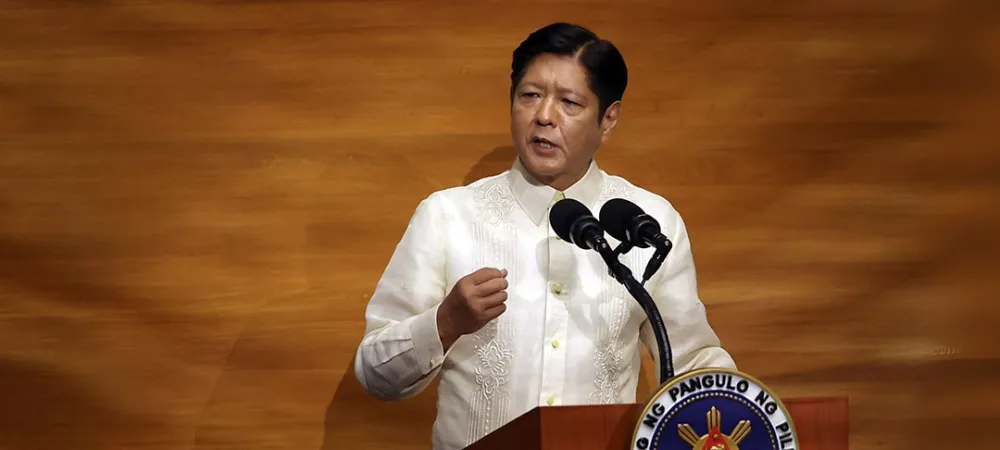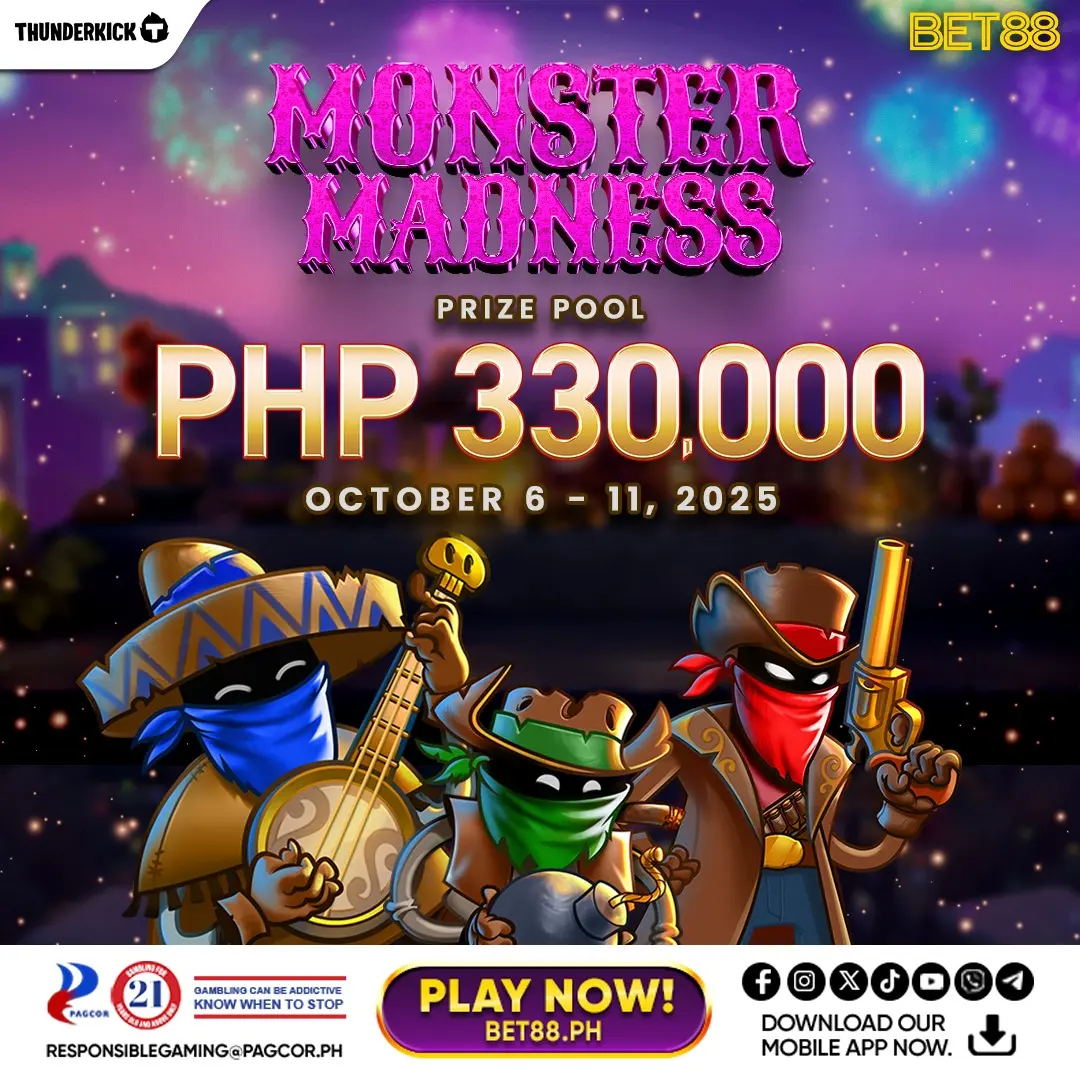The 41 offshore online gaming operators licensed by the Philippine Amusement and Gaming Corporation (PAGCOR) will shut down operations this year. The Department of Justice (DOJ) confirmed the announcement.
On July 22, President Ferdinand Marcos Jr. ordered all Philippine Offshore Gaming Operators (POGOs), now called Internet Gaming Licensees (IGL), to cease business in the Philippines by year-end.
The DOJ released a written statement to clarify the directive. It confirmed that all 41 licensed POGOs under PAGCOR have already committed to comply. They will fully cease operations before the year ends.
In addition, the DOJ emphasized that foreign workers employed by these offshore operators must voluntarily return to their home countries by October 15.
Starting October 16, 2024, the government will downgrade all 9G employment visas held by foreign POGO workers to tourist visas. These workers must then leave the Philippines within 60 days. Those who fail to do so will face involuntary repatriation.
Government officials reached this decision during a meeting of the Task Force POGO Closure. This task force includes the DOJ, PAGCOR, the Department of Labor and Employment (DOLE), the Presidential Anti-Organized Crime Commission, and the Bureau of Immigration.
The task force aims to create a clear, organized, and efficient set of guidelines. These will support the complete ban of POGO operations across the country by year-end. At the same time, the group committed to protecting the welfare of all affected workers.
“This may just be the first of many meetings,” said Justice Undersecretary Raul Vasquez. “We aim to ensure a streamlined, systematic, and efficient implementation of the President’s policy.”
Meanwhile, PAGCOR Chairman and CEO Alejandro Tengco issued a strong warning. He noted that the most difficult part of removing offshore gaming operators will begin on January 1, 2025. According to Tengco, some companies may resort to dirty tactics to hide their illegal operations.
Earlier this month, the Department of Labor and Employment revealed that nearly 27,000 Filipinos will lose their jobs because of the POGO ban. Although Special Class of BPOs (SCBPOs) remain unaffected by the directive, the government still faces the challenge. It must help displaced workers transition and find new opportunities.
Despite these closures, online gaming services for the domestic market will continue. The POGO ban does not apply to locally licensed and operated platforms.












